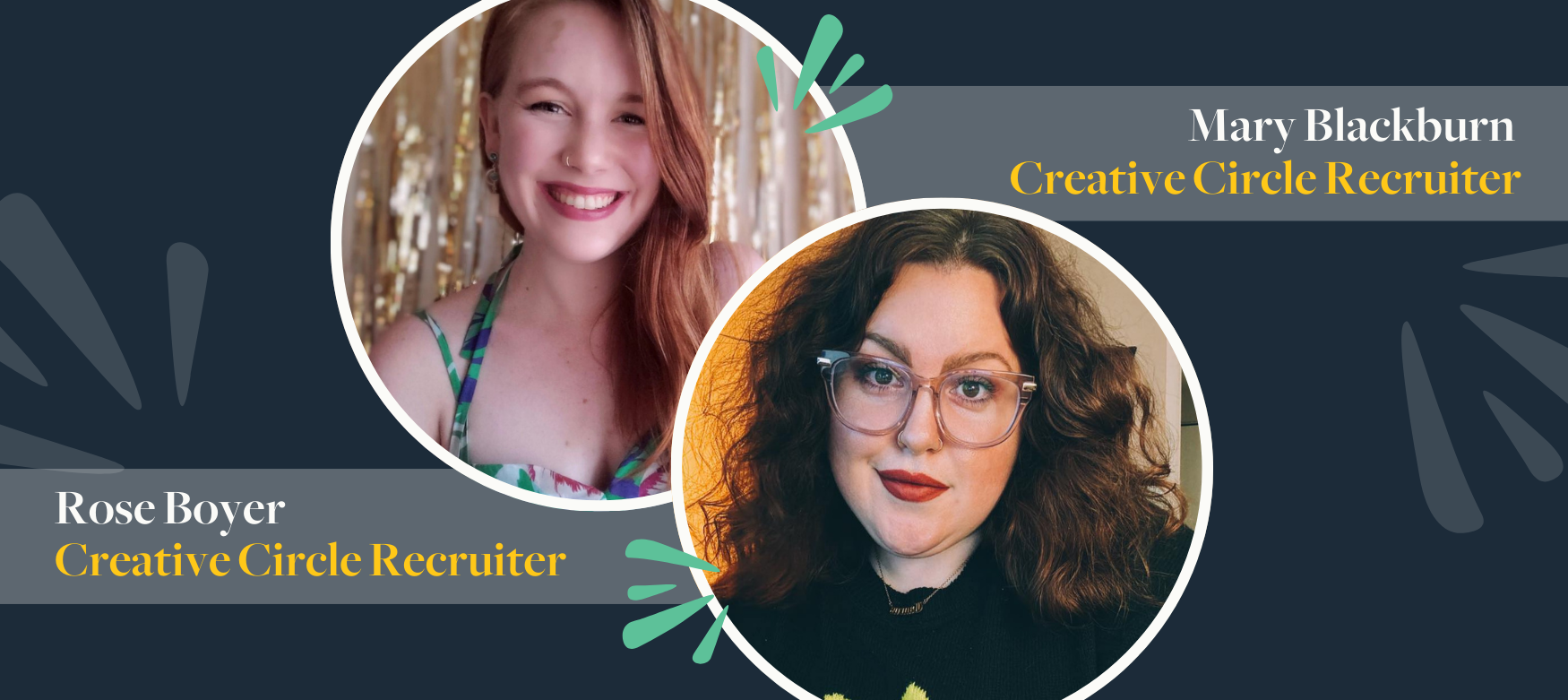Finding copywriting work is a job in itself. Whether you’re having a hard time in the tough job market or you just haven’t found the right fit yet, interspersing ongoing learning with job searching will make you a stronger candidate during a copywriting job search. These days, copywriters with Creative Circle primarily produce digital content, and the expectation is that writers dabble in a range of related skills.
“Copywriters with hybrid creative skills like coding and design are unicorns,” says CC recruiter Taylor Crowley. Learning some of those new skills can also provide a bit of a break from sending out countless resumes. But, she cautions, don’t stray too far from your main skill set of copywriting. For more senior roles and larger agencies, those roles will still be separate.
As a recruiter with Creative Circle for 13 years, Jocelyn Yant has seen the marketplace shift. She explains that you “don’t have to be an expert” on all things digital, but proficiency and being well-rounded are definitely assets in a copywriting job search.
Show, Don’t Tell
When you’re inundated with work, updating your online portfolio might be the last thing on your mind. If you’re now looking for a new client or a new job, take the time to update your online portfolio and LinkedIn profile. It sounds obvious, but you might be telling a recruiter that you have experience writing about beauty products, and your clips don’t reflect that.
This is an opportunity to show what you do know and where your skills are. Recruiters move quickly and will go to the next candidate if you don’t demonstrate an understanding of market trends upfront.
Yant points out that copywriting is all about long-form right now, that every company has a blog and social media, and they want to see copywriters who can “craft a message and carry it through for more than 300 words.”
Be sure to specifically mention “social media copy” on your resume too if you’ve written short copy for Instagram captions or for Facebook posts, adds Crowley.
Learn Some Coding Basics
Chances are you’ll have to be familiar with different content management systems (CMSs) if you’re going to be writing emails or web content for a client.
You might need a basic understanding of HTML and CSS to set up or send your work online. Maybe you have a working knowledge already, if not, you can hone your skills for free online with Code Academy or through a free month trial at Lynda.com.
Understand How to Quantify Your Impact
Yant points out that there will always be a practical need for print, but it is also a dying form. And unlike digital, she says, “you can’t track the efficacy of your programs.”
Clients may want you to quantify impact through the keywords in the ads you write or reader engagement on their websites. You can get certified in Google Ads or Analytics through their Skillshop for free.
Search engine optimization (SEO) and search engine marketing (SEM) can help you write for impact on the web by understanding who, what, where, when, and how to draw readers. Since both processes change constantly, many certifications rapidly become obsolete. They also tend to be expensive. Focus on reading blogs like Moz, Search Engine Journal, or Search Engine Land to improve your skills in SEO and SEM.
For content creator roles, you might need to do a bit of photo retouching, curating images, or creating graphics for social media. (Some nonprofit communications job descriptions even ask for video editing.) Familiarity with Adobe Photoshop or Premiere is helpful for working with images, although again, no one is expecting a copywriter to be a highly skilled photo editor.
Knowledge of a free graphic design tool like Canva can go a long way for creating images for social media posts.
Write More, and Write Better
Being a generalist might make sense for more junior copywriters and clients with smaller budgets, but don’t forget to focus on your writing. If you’re just out of school, returning to the workforce, or you don’t have clips in an area of interest, don’t be afraid to include spec projects in a portfolio, Yant emphasizes. As long as you are transparent that it’s not paid work, you could extend a brand campaign or write for a friend’s business.
Decent editing and proofreading chops are expected too. More often than not, there’s no one looking over your shoulder to factcheck — make sure that you spell things correctly, or keep tenses consistent. Yant recalls, unfortunately, she recently had a copywriter lose a placement at a great company because of frequent typos and mistakes. Attention to detail is paramount.
It sometimes seems like being a jack of all trades is a necessary requirement for being a copywriter. But despite employer ads asking for a million different skills from copywriters, most places are really looking for a strong writer with some knowledge of the broader digital environment. And that unicorn is you.
About the author.
Jess Powers writes about marketing, food, and wellness. She has experience in nonprofit communications and emergency management. Follow her @foodandfury.



